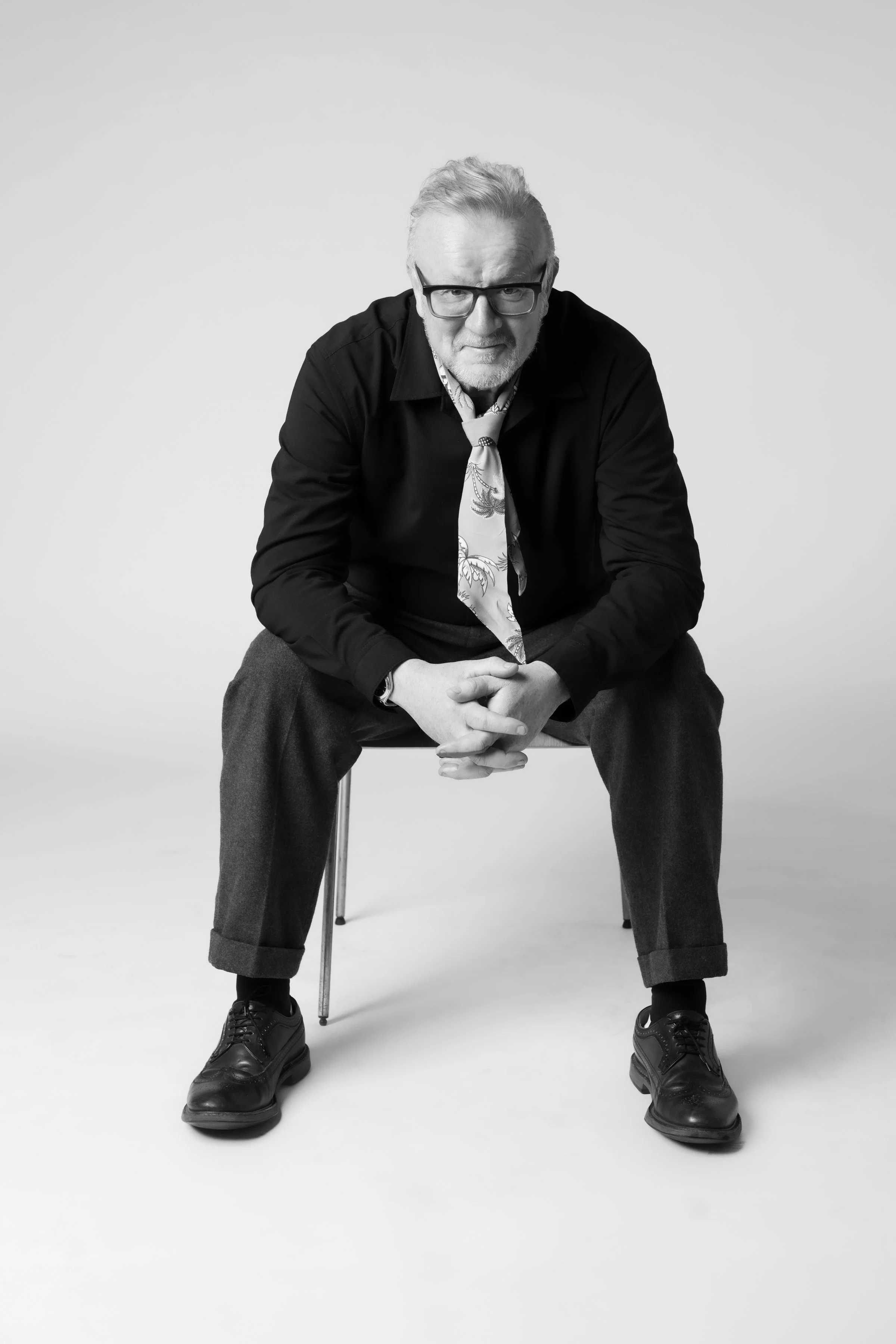
Michael Ryan - Chef, Restauranteur
Q: How did you move from science into food?
A: I studied organic chemistry and worked as a lab assistant, but cooking had always been in my life. My mum cooked for nine people every day — like running a restaurant at home — and my dad, later in the army, managed the sergeants’ mess. Food and hospitality were always there. By my late twenties I decided to study commercial cookery in Adelaide, then worked in Japan, Zimbabwe, Melbourne, and the Victorian ski fields — where I met my wife. Eventually we opened our first restaurant in Myrtleford.
Q: How quickly did success come?
A: Our Myrtleford restaurant won a hat in its first year, then two in the second. I didn’t really understand what that meant at the time — we weren’t doing press releases or PR, just cooking. Later, in Beechworth, we took over the old bank building and opened Provenance, which has now been running for 16 years.
Q: What shaped the direction of Provenance?
A: Initially it leaned European, but I’d studied Japanese at school and university and travelled there often. Over time I became more focused on Japanese cooking and techniques. After COVID, we shifted to a more kaiseki-style menu. It’s not “authentic” Japanese — more an overlay of Japanese approaches on local ingredients and ideas.
Q: You’ve also experimented beyond the kitchen — bacon, salami, bitters…
A: Living in a small country town, you find creative outlets. The bitters started as a hobby and is now a national business with a distributor. More recently, I’ve taken up perfume making, which makes everything else feel simple by comparison. It’s complicated but fascinating.
Q: Does Japanese culture influence you beyond food?
A: Definitely. I’ve been to Japan 40 times, mostly for work, but I love the cultural immersion — even when I’m just an outsider looking in. That sense of mystery is part of the appeal.
Q: Hospitality is a tough business. What have been the challenges?
A: It’s rarely profitable, and right now it’s the hardest it’s ever been: rising costs, downturn in trade, and the challenge of staying relevant after 16 years. Marketing is about recency and repetition, and I’ve never been good at that. We’ve just focused on doing what we want to do, as well as we can.
Q: You’ve become a kind of spokesperson for the industry. Is that intentional?
A: Partly because I’m independent. I don’t answer to a group, so I can say what I think. Back when Twitter was better, it was a great place for dialogue. Now it’s harder, but I still believe in calling things as they are — especially when big groups or corporate players dominate the conversation.
Q: How do you see the industry changing — wages, gender, fairness?
A: There’s been real progress on working hours and pay. Ten years ago, 80–90 hour weeks were normal; now most kitchens work on 40–45. The gender issues are still a long way from solved, but the conversation has at least begun.
Q: Looking back, what stands out?
A: Being named Chef of the Year in 2013 was a surprise — not much came of it, but it was recognition. What I value more are the smaller, independent restaurants the critics supported back then.
Q: And the future?
A: I don’t know. We’ve thought about selling Provenance, changing the model, or even starting something new, but hospitality is relentless. Beechworth could use another casual but professional eatery — whether I’m the one to do it, I’m not sure. After 16 years, energy and balance matter as much as ambition.